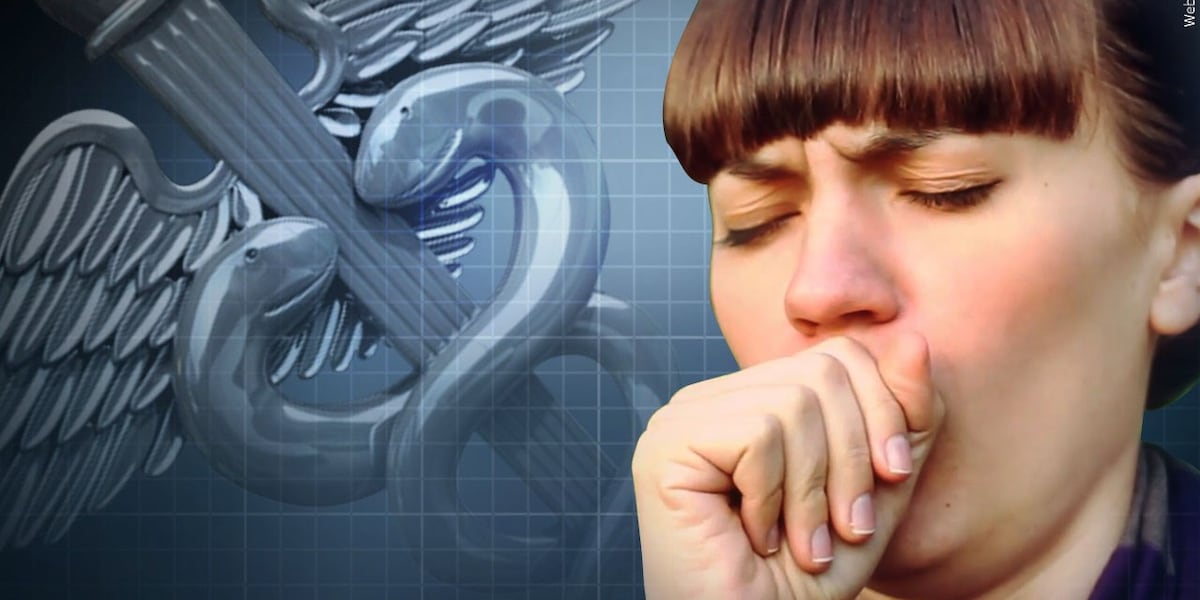Whooping Cough Surge: SA Health Authorities Urge Vaccination to Protect Families

South Africa is experiencing a concerning rise in whooping cough (pertussis) cases, with numbers already exceeding those recorded last year. Health officials are issuing a critical reminder to all residents, particularly pregnant women, new parents, and young children, to ensure they are vaccinated against this highly contagious disease. This surge highlights the importance of maintaining high vaccination rates to safeguard communities and prevent serious complications.
What is Whooping Cough?
Whooping cough, also known as pertussis, is a bacterial infection that primarily affects the respiratory system. It's characterised by severe coughing fits followed by a ‘whooping’ sound when the person breathes in. While it can affect people of all ages, it’s particularly dangerous for infants and young children who are too young to be fully vaccinated. The infection is spread through airborne droplets produced when an infected person coughs or sneezes.
Why the Increase?
Several factors are contributing to the current increase in whooping cough cases. Reduced vaccination rates during the COVID-19 pandemic, due to lockdowns and disruptions in healthcare services, are believed to be a significant factor. This has resulted in a decline in ‘herd immunity,’ making it easier for the disease to spread. Furthermore, waning immunity from previous vaccinations can also leave individuals susceptible to infection.
Who is at Risk?
- Infants and Young Children: Their immune systems are not fully developed, making them more vulnerable to severe complications like pneumonia, seizures, and even death.
- Pregnant Women: Vaccination during pregnancy helps protect the newborn baby from whooping cough in the first few months of life, before they can be vaccinated themselves.
- New Parents and Caregivers: Protecting adults who come into contact with infants is crucial to prevent the spread of the disease.
- Unvaccinated Individuals: Those who have not received the pertussis vaccine are at the highest risk of contracting and spreading the infection.
Symptoms to Watch Out For:
The early symptoms of whooping cough are similar to those of a common cold, including a runny nose, mild fever, and a mild cough. However, as the infection progresses, the cough becomes more severe and characterised by rapid coughing fits followed by a high-pitched ‘whooping’ sound. Other symptoms may include vomiting after coughing, exhaustion, and difficulty breathing.
Vaccination is Key:
The best way to protect yourself and your loved ones from whooping cough is through vaccination. The pertussis vaccine is safe and effective, and is typically given as part of the routine childhood immunisation schedule. Booster shots are recommended for adolescents and adults to maintain immunity. Contact your doctor or local clinic to schedule a vaccination or booster shot.
Protecting Our Communities:
Health officials are urging everyone to take this situation seriously. By getting vaccinated, you are not only protecting yourself but also contributing to the overall health and well-being of your community. Early diagnosis and treatment with antibiotics can also help reduce the spread of the disease. Don't delay – protect your family and help stop the spread of whooping cough.
For more information and resources, contact your local healthcare provider or visit the National Department of Health website.




